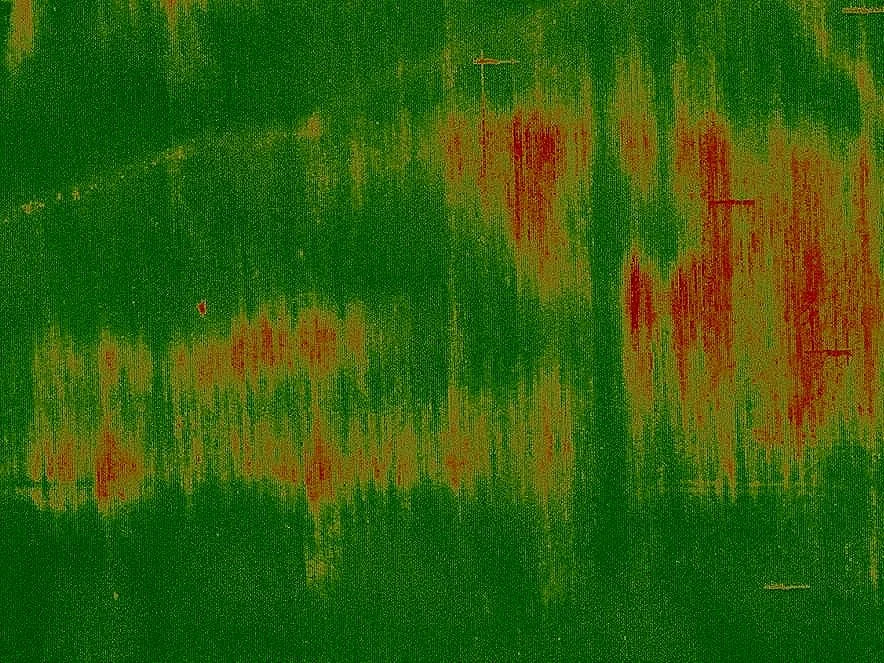How Indiana's Trespass Law Differs from "Ag Gag" Laws
/The ACLU recently challenged Iowa’s “ag gag” law in federal court. Iowa’s law makes it a crime to use deception to gain access to a private livestock or meatpacking facility with the intent to cause physical or economic harm or "other injury" to a facility’s operations, property or persons. The ACLU challenged that the Iowa ag gag law is unconstitutional, chills free speech, and criminalizes a free press.
Indiana farms have been targeted by anti-agriculture activists as well. Based on all that is going on, it is important to consider how this discussion has progressed in Indiana and what protections are available for our farmers.
Legally, “ag gag” laws that try to control speech can trigger First Amendment and Equal Protection challenges. If a law restricts free speech before it is even published (like criminalizing the act of filming on the farm without permission or distributing footage from the farm to media outlets), it could be considered an illegal prior restraint. Equal Protection issues stem from whether similarly situated people will be treated differently under the law in question.
In 2014, the Indiana legislature took a different approach and passed a law addressing trespass. See Ind. Code 35-43-2-2 (the “Indiana Trespass Law”). Trespass generally means a person who has no right to be on a property enters that property after being denied entry. A person could be denied entry by a court order, communication from the property owner, or by a sign posting. However, if the real property is a dwelling, a different standard applied, and does not require a plaintiff to prove the “denial of entry” element. This would be easier, because you wouldn’t need to show the defendant was denied entry in a way that complied with the statute. The Indiana Trespass Law made the dwelling standard also apply to agricultural operations. The statute also created property damages thresholds for different levels of crimes and provides a new way to mark private property instead of a no trespassing sign—now property owners can paint a purple stripe on trees or posts.
Image courtesy of Purdue Extension
While the 2014 legislation does not specifically address undercover video, it is worth considering how the Indiana Trespass Law could indirectly address those situations. This brings up the concept of “trespass ab initio.” Trespass ab initio is the idea that a person can have access to your property for certain purposes, but when the person exceeds the scope of that purpose, he becomes a trespasser. So, if you allow a feed truck driver onto your farm to deliver feed, he is an invitee. He has license to be there. The moment he leaves the truck to videotape inside the barn, he exceeds that license and becomes a trespasser. The Indiana Trespass Law addresses certain activities, including an employee hired under false pretenses who intends to commit an act outside the scope of her employment or an invitee (think feed truck driver) who is invited onto the property for one purpose, but exceeds the scope of that consent by taking additional actions (like taking video of livestock barns).
Indiana has not criminalized someone coming on to your farm to take video footage and distribute it, but the act of coming on the farm at all would be unlawful if it was for any purpose other than why the farm allowed the person entry. By focusing on farm entry, Indiana cut the constitutional baggage out of the equation and left farmers with a valuable tool for a variety of situations instead of just one.






